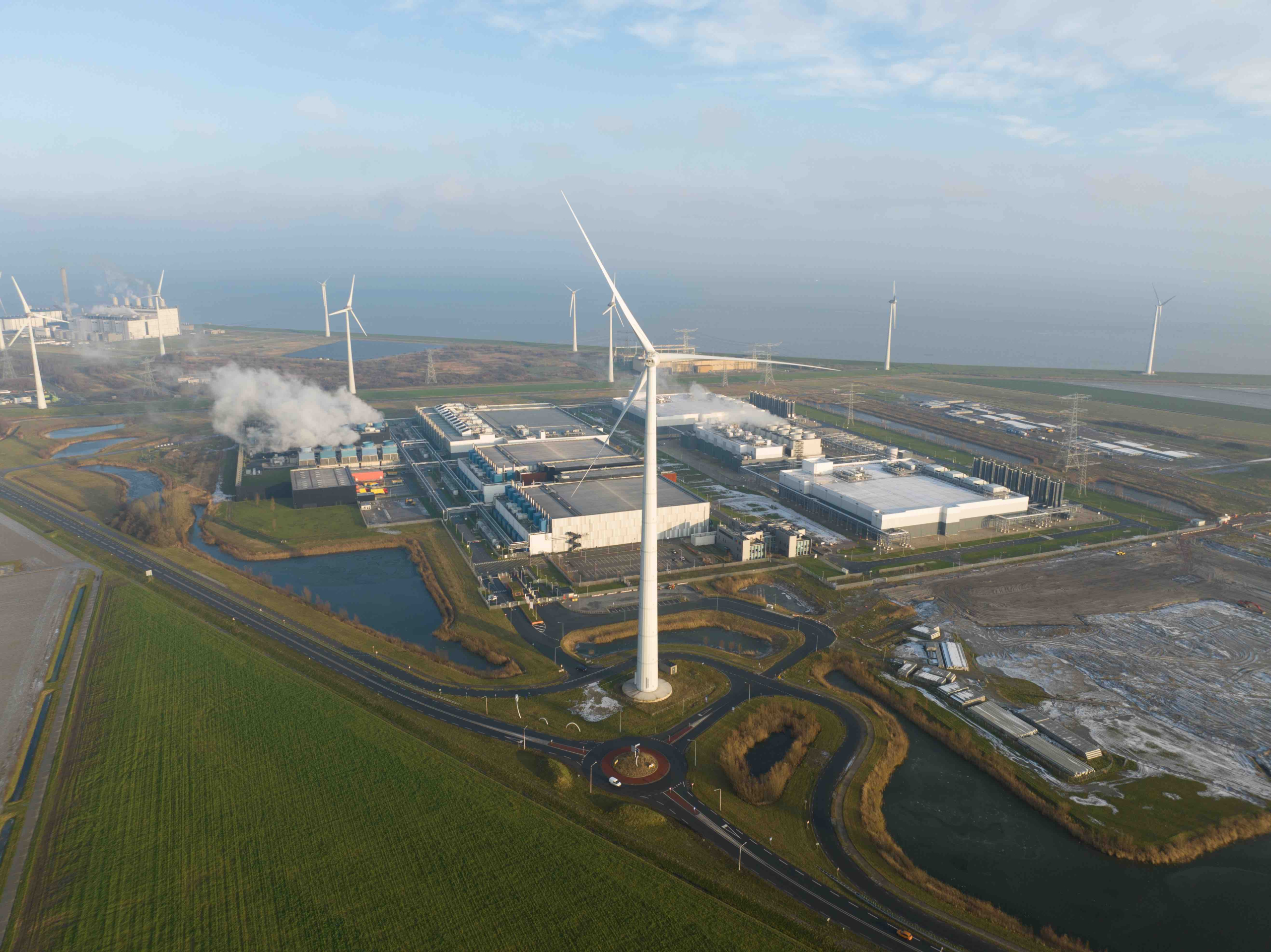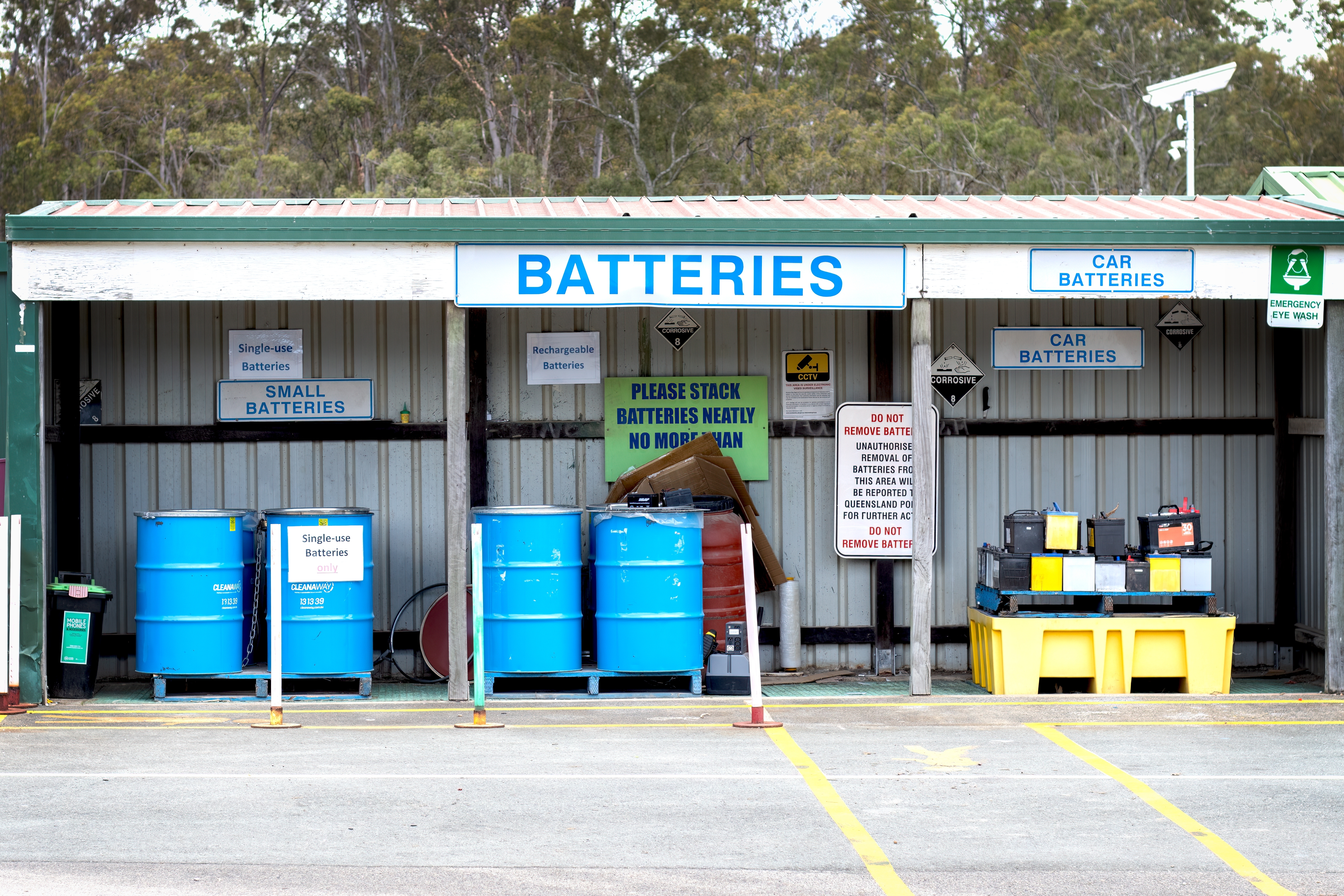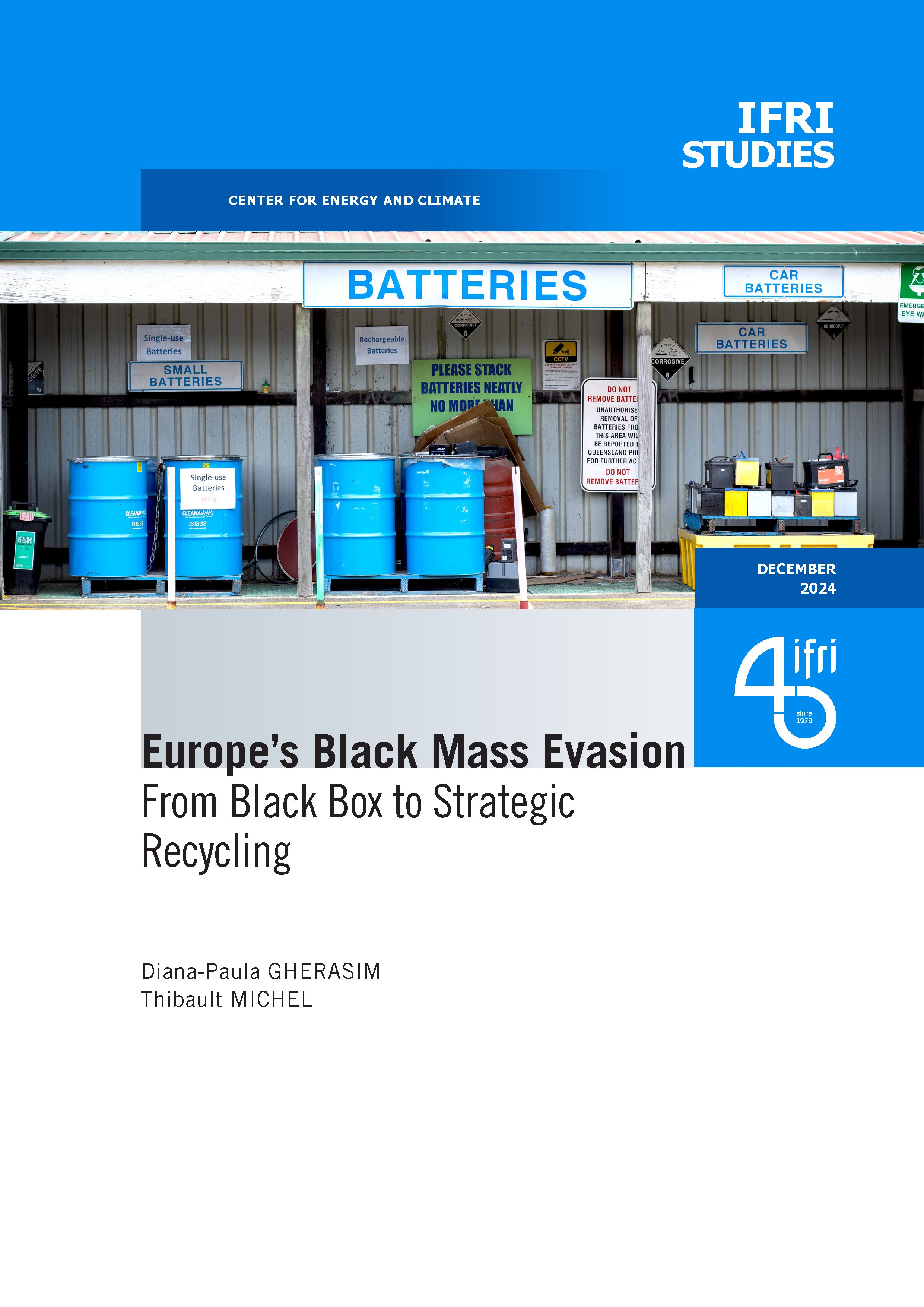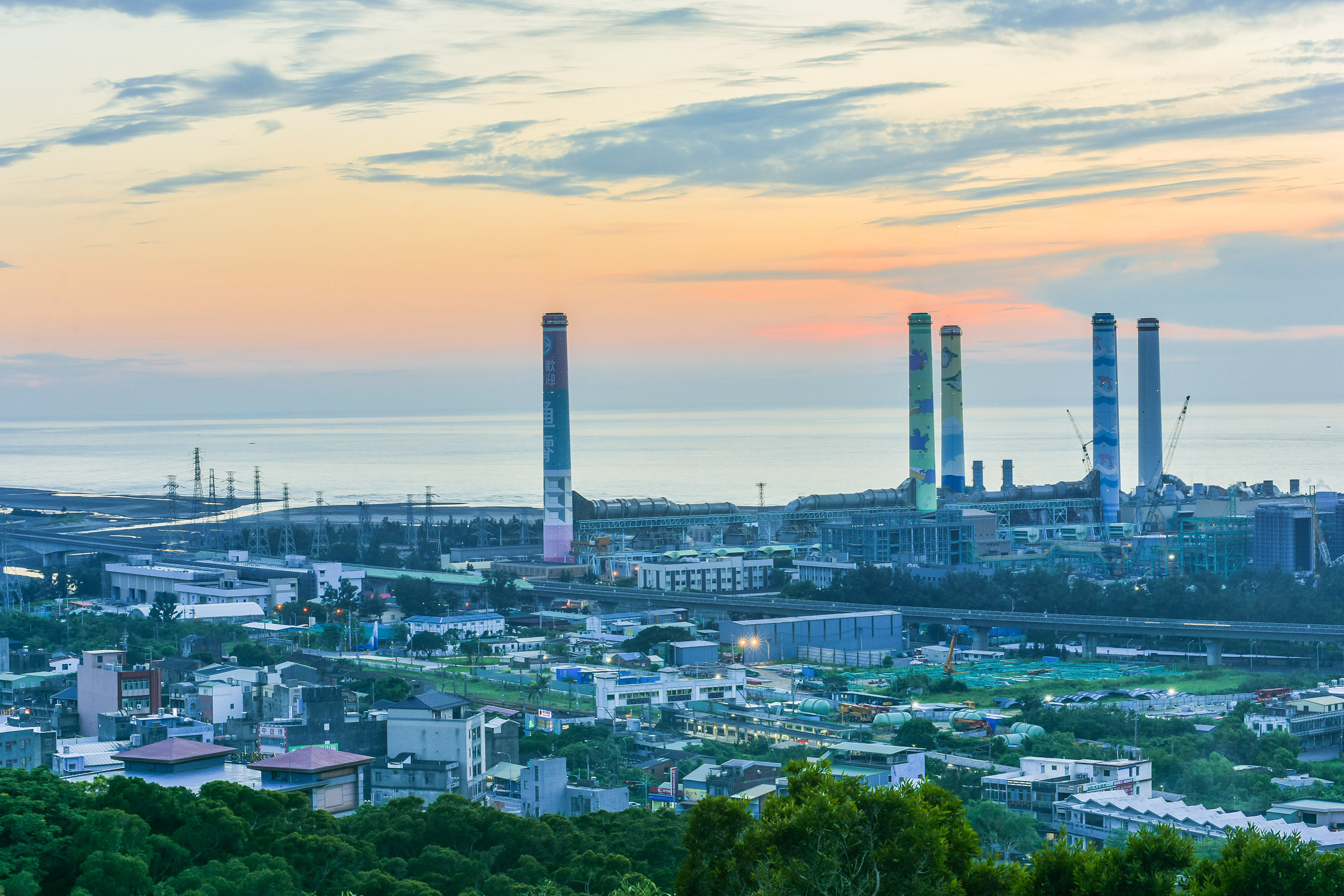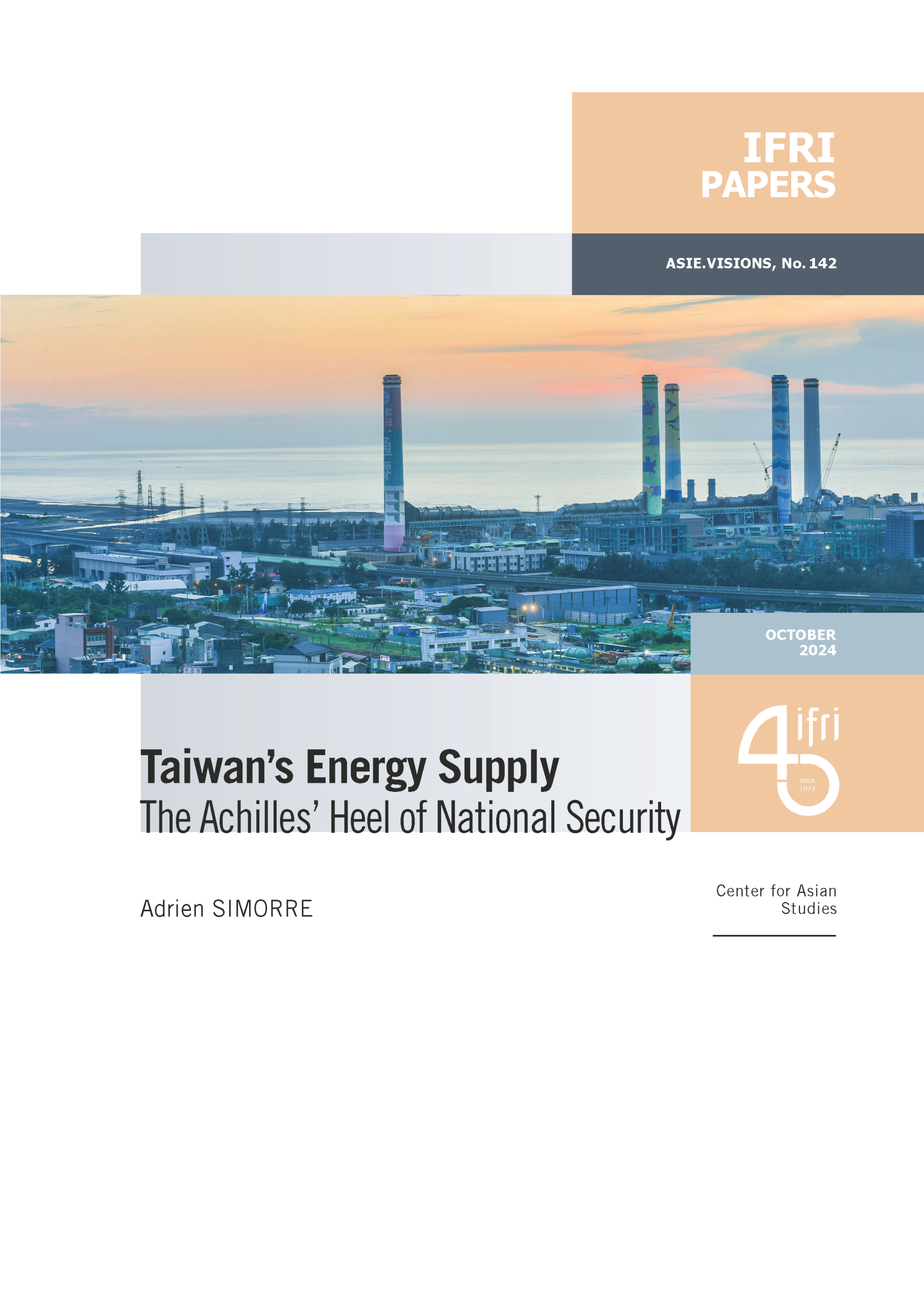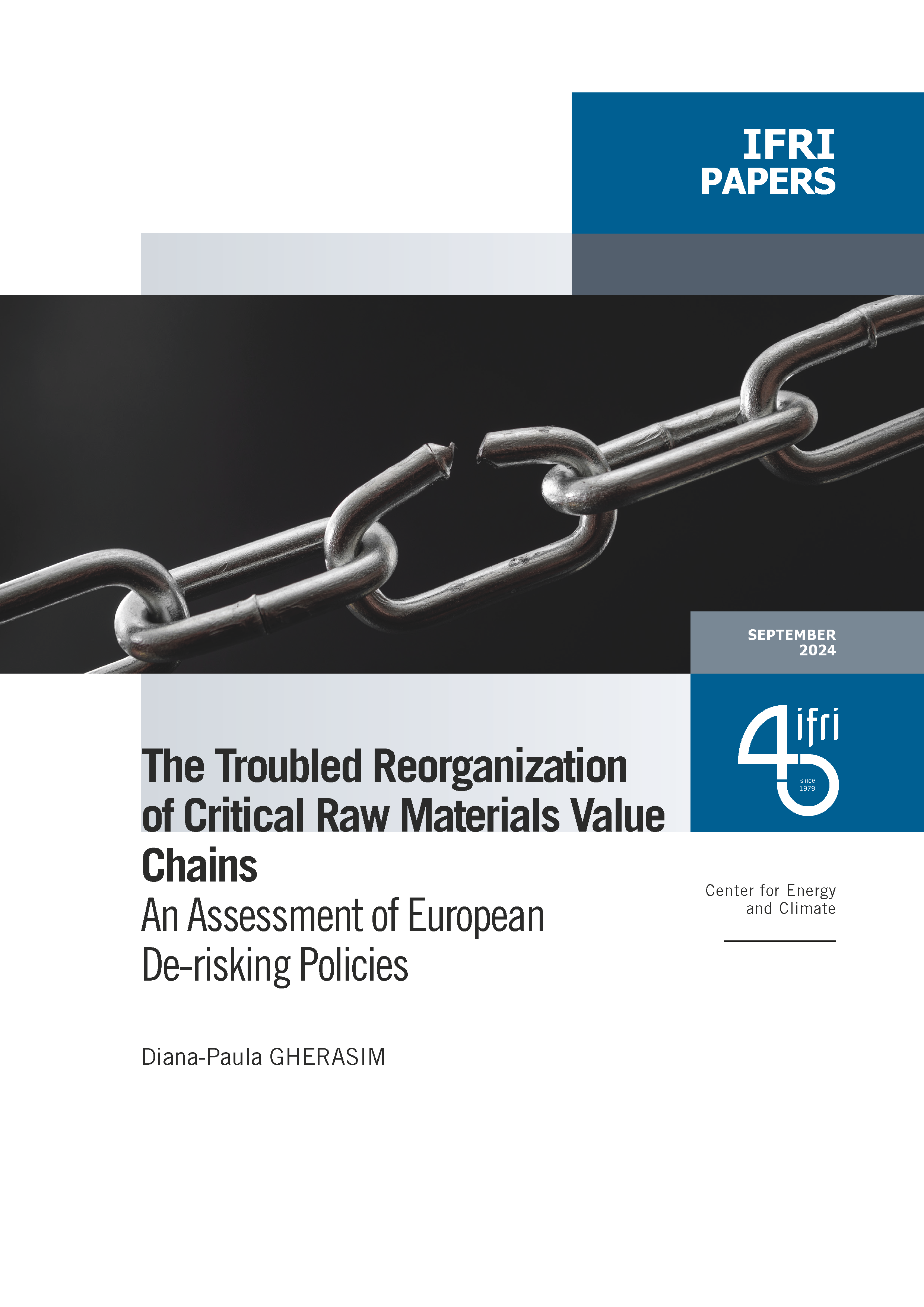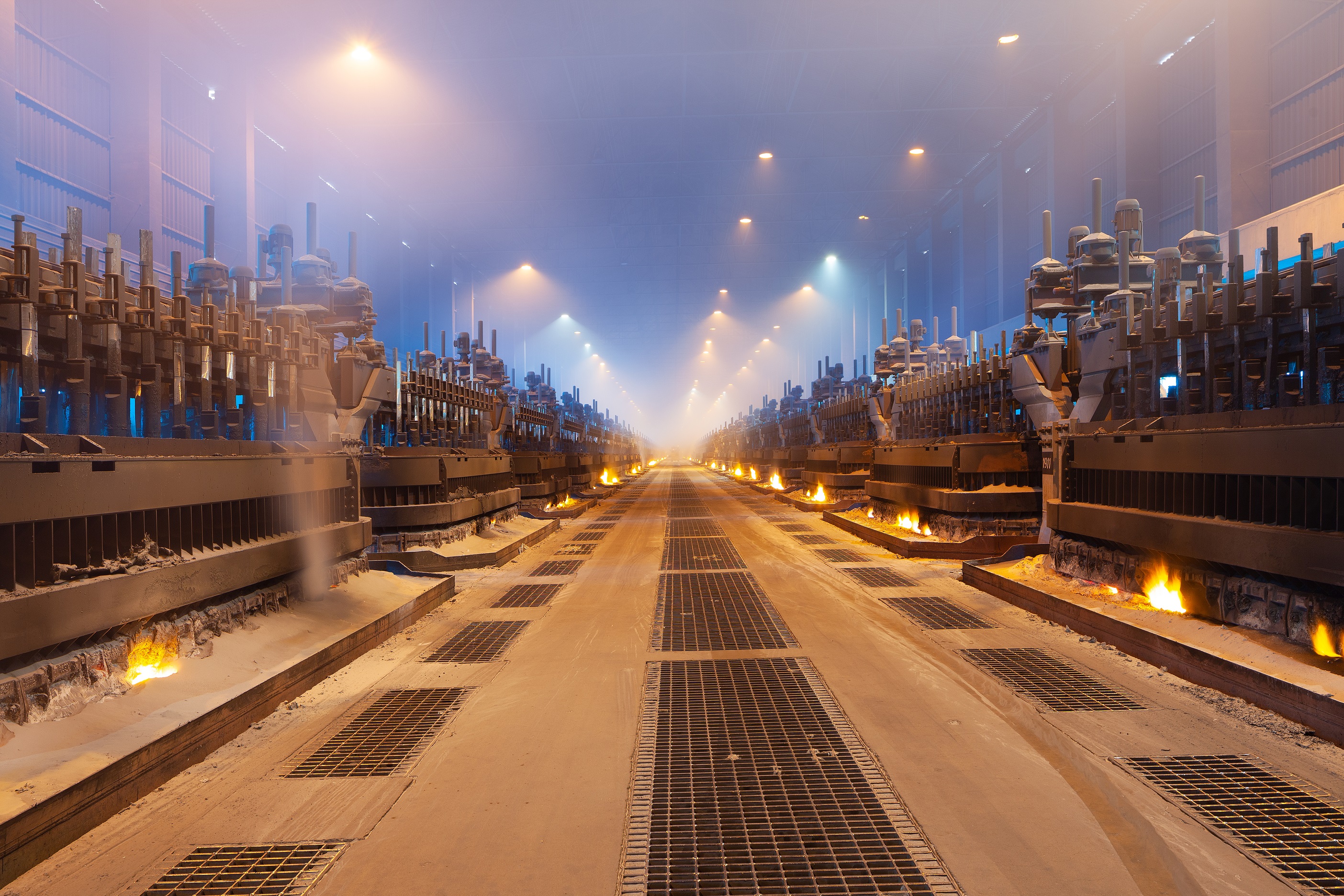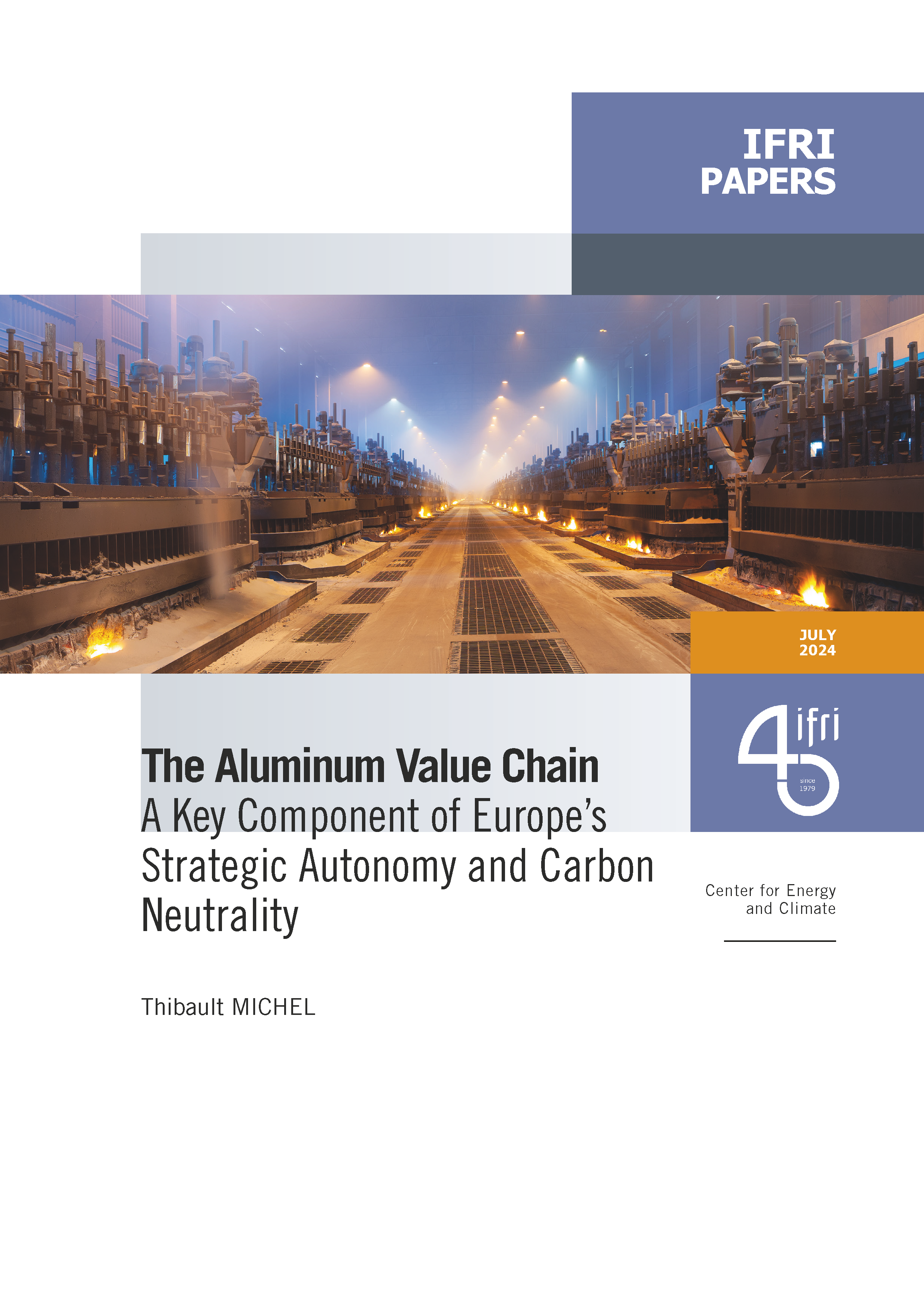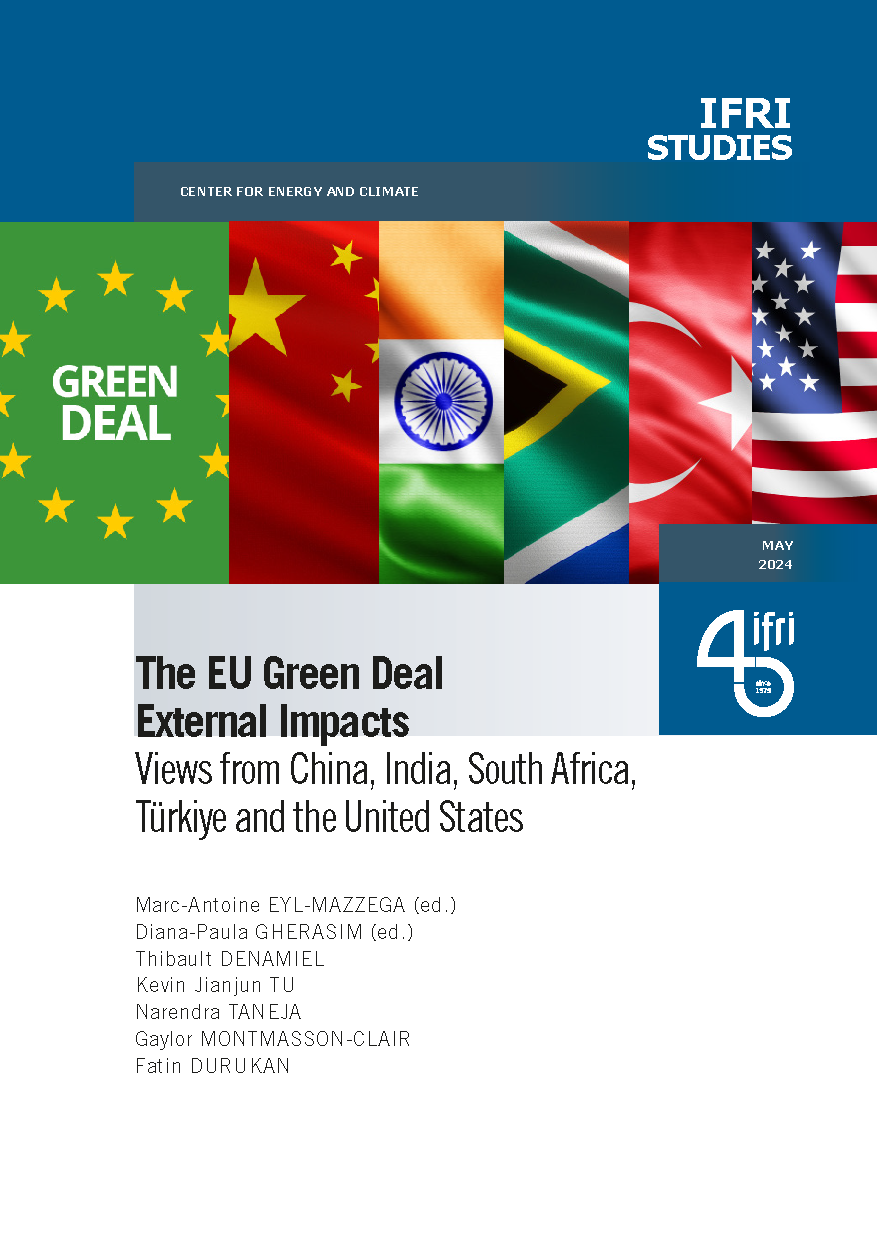Center for Energy & Climate
Ifri's Energy and Climate Center carries out activities and research on the geopolitical and geoeconomic issues of energy transitions such as energy security, competitiveness, control of value chains, and acceptability. Specialized in the study of European energy/climate policies as well as energy markets in Europe and around the world, its work also focuses on the energy and climate strategies of major powers such as the United States, China or India. It offers recognized expertise, enriched by international collaborations and events, particularly in Paris and Brussels.
Read more


Director, Center for Energy & Climate, Ifri
Publications
See all our interventions
Flagship Publications
Titre Bloc Axe
Research Areas
See all our interventions
Titre Axe de recherche
Geopolitics of Fossil Fuels
The Geopolitics of Fossil Fuels research axis within Ifri's Center for Energy and Climate deals with global geopolitical trends of the oil, gas and coal sectors, with a focus on short and longer term trends in demand and supply.
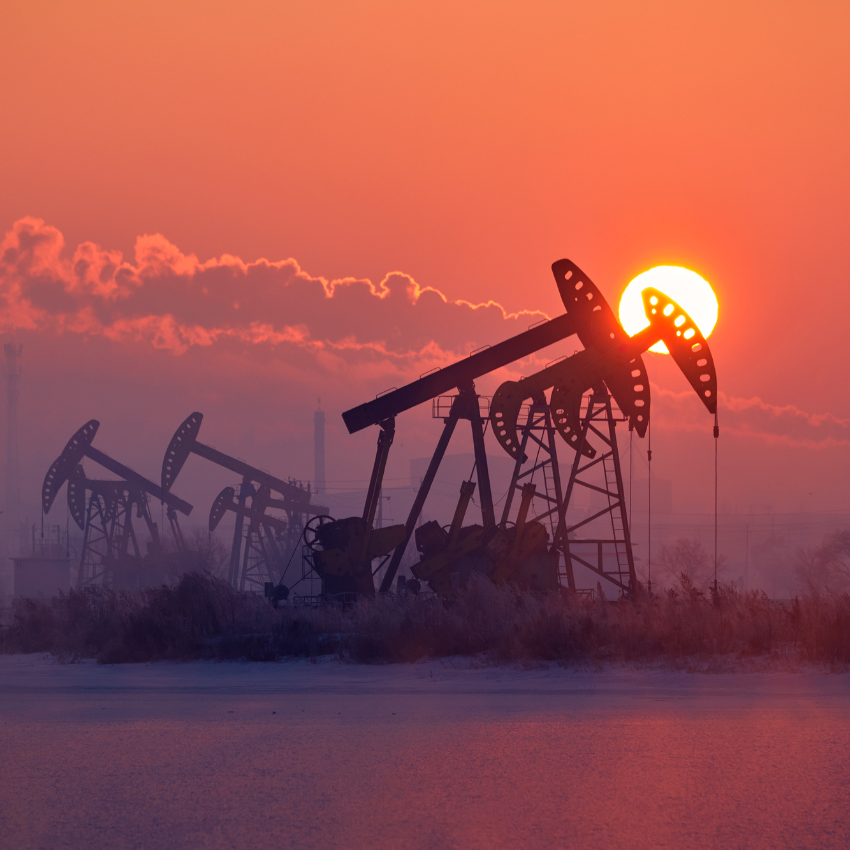
Titre Axe de recherche
Major Stakes of the Electricity Sector
The Major Stakes of the Electricity Sector research axis within Ifri's Center for Energy & Climate focuses on the economic and geopolitic transformation of the electricity sector, at French, European and global levels. A specific attention is devoted to the future of the nuclear industry and the strong development of renewable energy sources.
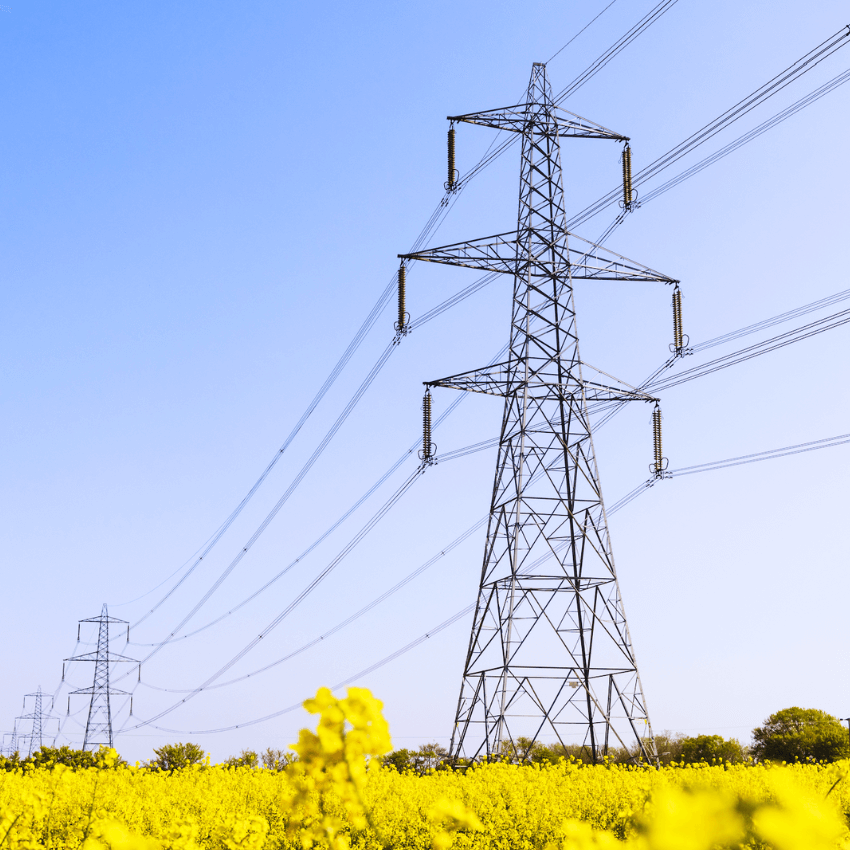
Titre Axe de recherche
European Energy Policy
The European Energy Policy research axis within Ifri's Center for Energy & Climate examines the major policy regulatory issues of the European internal and external energy policies, with a focus on the integration of energy markets and the deployment of low-carbon technologies.
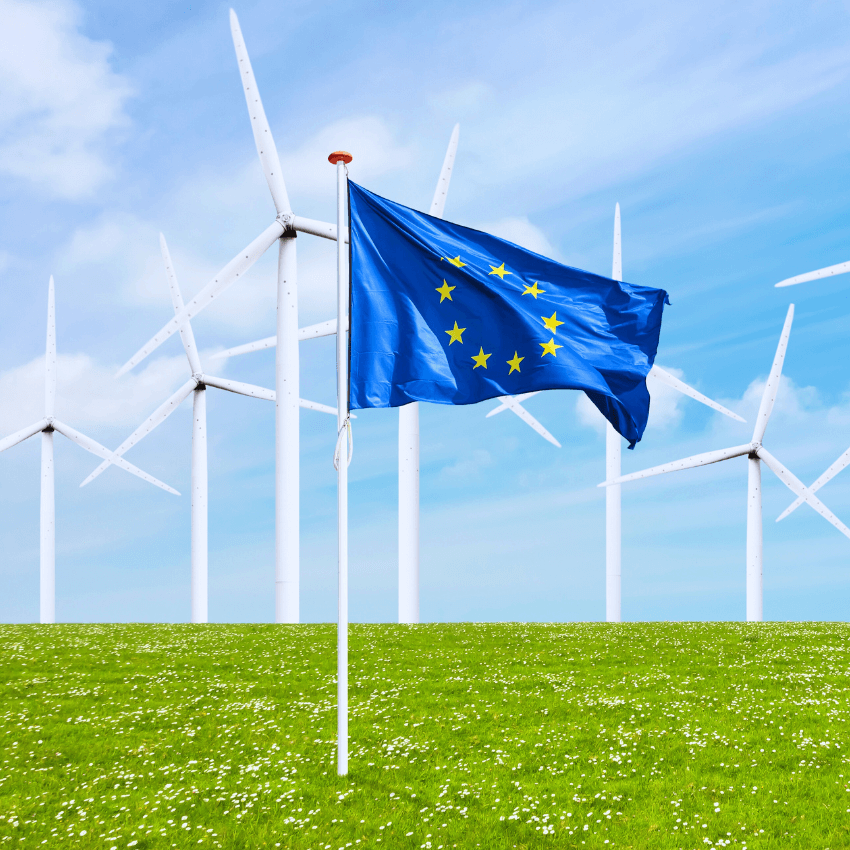
Titre Axe de recherche
Climate Policies and Energy Transition
The Climate Policies & Energy Transition research axis within Ifri's Center for Energy & Climate deals with the climate change policies adopted at national levels, as well as the positions of the main emitting countries in the international climate negotiations. In particular, this area focuses on the implementation of the Paris Agreement on climate and global efforts to reduce green-house gas emissions to limit the increase of temperature at +1,5° by 2100.
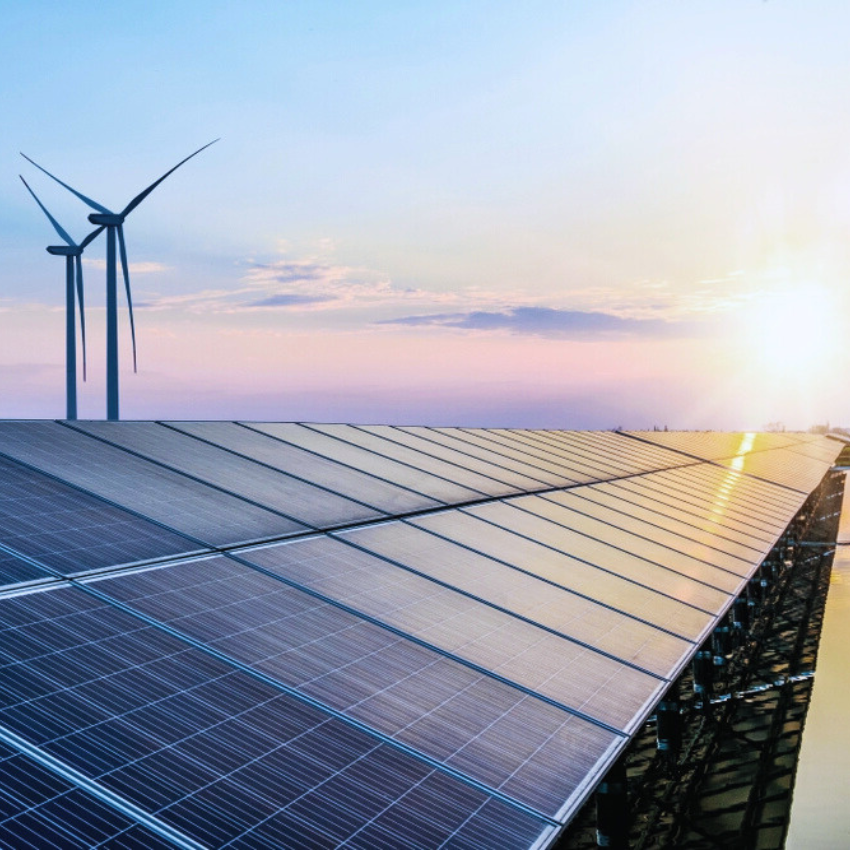
The Team

Our research fellows: Center for Energy & Climate
Publications
Security of Supply Is Indivisible
The European gas market has an unusually large number of moving parts just now. Demand forecasts are buffeted by announcements of great expectations in de-carbonizing the energy mix, differing expectations on the longer term economic growth path and a range of assessments on how soon Europe will recover from the economic recession.
Oil Markets Range-bound?
We have heard admonitions about peak oil and that we have already passed the geologic peak of world oil production capacity. On the other hand, the IEA warns that if we continue our present patterns of energy consumption, we will need the equivalent of four Saudi Arabia’s in new oil production capacity by 2030 - seemingly at ease that the oil is geologically out there.
Implementing the EU Climate and Energy Package with the Economic Crisis
Ukraine - A Transit Country in Deadlock? Four Scenarios
Should we consider Ukraine a transit country in deadlock, and reduce its energy role just to that of a transit country? Definitely not, because Ukraine is at once a large gas consumer and producer, and possesses massive storage capacity. But the economic and political situation of the country is alarming, even without considering the possibility of another gas crisis Without such a crisis, however, the event of Ukrainian bankruptcy would attract less broad international attention simply because it would not have direct impact on European gas consumers.
US, European and Chinese proposals for Copenhagen : looking behind the numbers
The Outlook for Nuclear Energy in the United States: Dark Ages, Renaissance, or Age of Enlightenment?

Support independent French research
Ifri, a foundation recognized as being of public utility, relies largely on private donors – companies and individuals – to guarantee its sustainability and intellectual independence. Through their funding, donors help maintain the Institute's position among the world's leading think tanks. By benefiting from an internationally recognized network and expertise, donors refine their understanding of geopolitical risk and its consequences on global politics and the economy. In 2024, Ifri will support more than 70 French and foreign companies and organizations.








